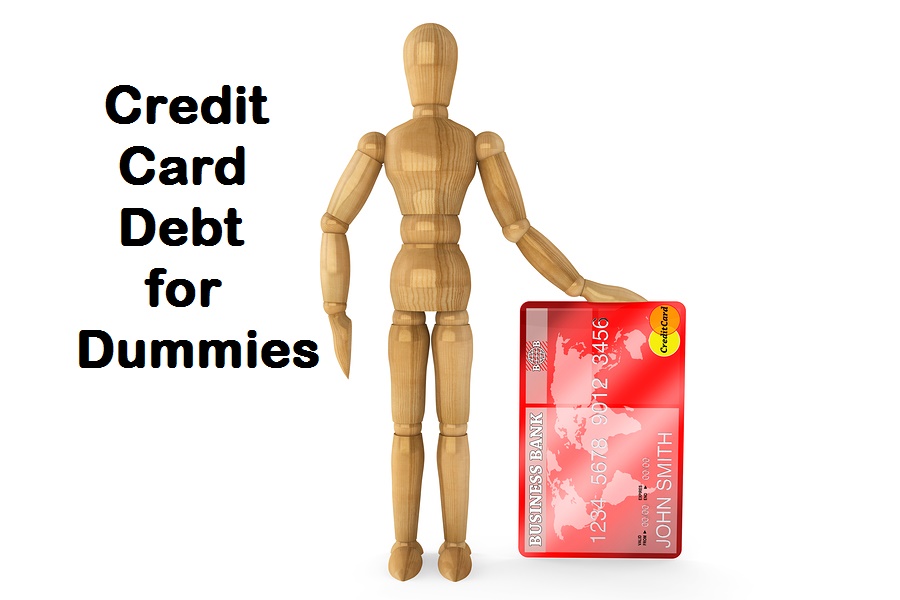
You don’t have to be a genius to get a credit card, but you want to be smart when you use it!
Credit cards are pretty convenient to have, but if you’re not careful, it’s easy to get into trouble with them. Half the battle is knowing what you’re getting into before you begin. Hopefully, this will help.
First, a credit card is like a little loan to help you pay for things. If you pay off the entire balance each month when you get your bill then you won’t have any problems. If you don’t pay off the entire balance, then the credit card company will charge you interest on the amount that’s left over. That’s how they make money. (That and the fees they charge the store owners for using credit cards.)
Let’s say you went out and purchased some new furniture for your home and spent $5,000 on a credit card that charges an 18% interest rate. The first bill comes in the mail and you see the minimum payment is $100. Now if you pay the full $5,000 – cool, you pay no interest. But what if you don’t have it and you only pay the $100?
The credit card company takes their interest payment first – remember that’s how they make their money. So, at 18% per year, that works out to be 1.5% interest per month.
$5000 times .015 equals $75.
So $75 goes to the credit card company for the privilege of using the credit card to buy your stuff. Since you only paid $100 towards the debt, then that only leaves $25 to reduce the balance. You still owe $4,975.
If you only pay $100 a month to reduce the debt, you will have paid $9,400 before the account is paid up in 7 years and 9 months. Ouch!
Now, if you were to pay $200 a month in the same situation, you’d have only paid $6,400 and you’d be paid off in 32 months. You’re throwing an extra $100 a month towards the balance so of course it gets paid off faster! That first $75 will still go to the credit card company to pay the interest, but you’ll have paid $125 towards the debt so you only owe $4,875 the next month. And this is where it’s so sweet. The interest you pay on $4875 is $73.13. The interest you pay on $4975 is $74.63. Okay, not a huge difference, right? But every month that gap keeps getting bigger and bigger. So you save money by making a bigger payment on your credit card.
Another way to save money is if your credit card has a lower interest rate. For example: let’s say the interest rate is 12% instead of 18%, and you pay $100 a month. You’d pay off the balance in less than 6 years and pay only $7,000 instead of $9,400..
So here are the three things I want you to remember about credit card debt:
Paying off your credit card charges immediately will keep you from paying interest.
If you don’t pay the full amount, the money you do pay gets applied to interest first, then the balance owed. The more you pay, the sooner you’re paid up. Paying down the debt saves you money!
The lower your interest rate, the less you pay towards interest.
Hopefully, by seeing how much it costs to use your credit card will help you make good spending choices.
